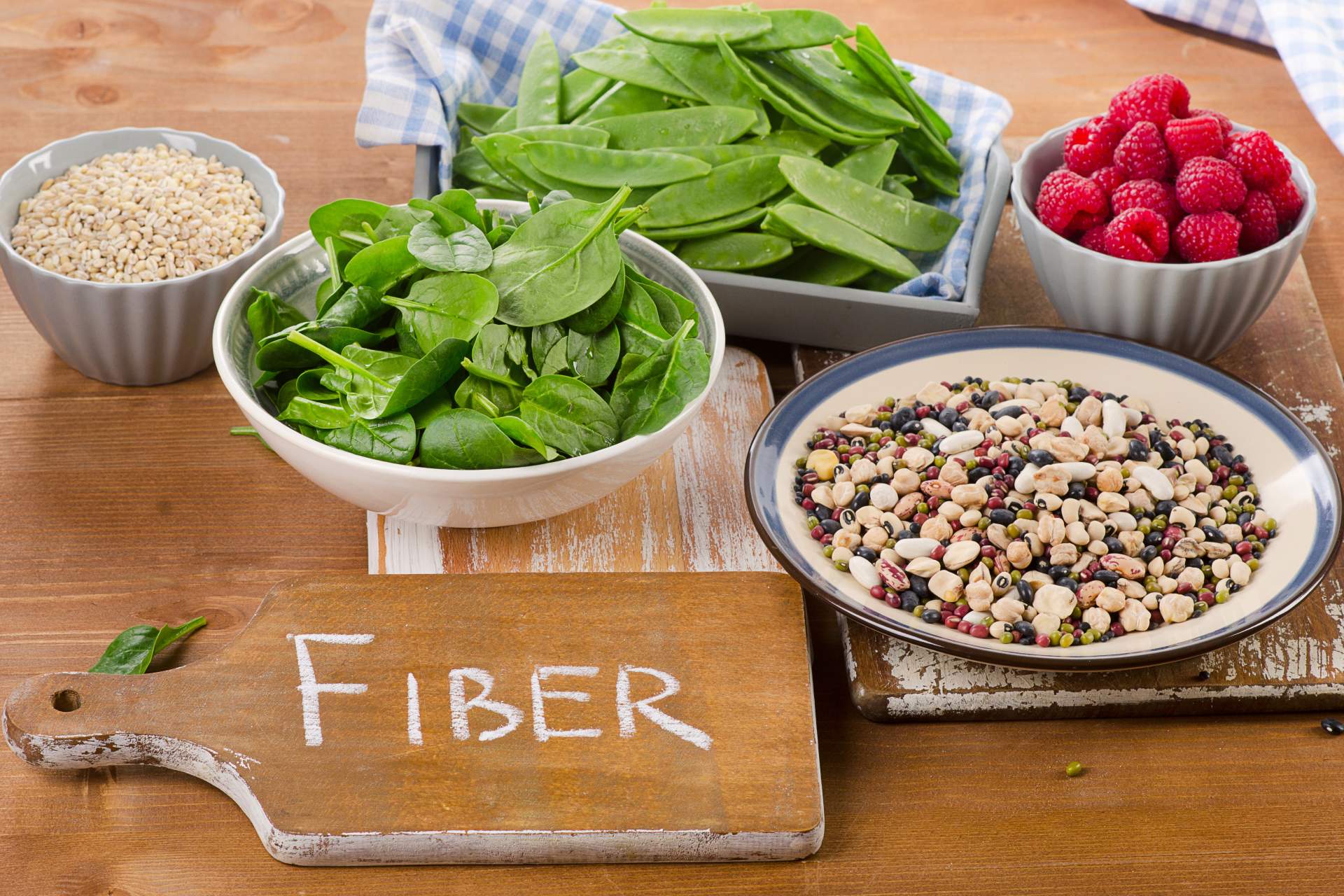4 Benefits of Eating More Fiber

Learn about the importance of fiber in your diet and discover their types, benefits, and reasons to increase your intake of fiber-rich foods.
Fiber is a crucial component of a healthy diet, yet most of us don’t consume enough of it. The American Heart Association Eating Plan suggests that the recommended daily intake of fiber is 25-30 grams for adults, but most people only get half that amount. This is a problem because fiber plays a vital role in maintaining good health and preventing disease. Here’s what you need to know about fiber and why it’s essential to increase your intake of fiber-rich foods.
Fiber is not a single nutrient, but a complex carbohydrate found in foods of plant origin. It comes in two types:
- Soluble fiber: This type of fiber dissolves in water to form a gel-like substance during digestion. Soluble fiber can help control blood sugar levels, reduce cholesterol levels, and aid in weight loss.
As per Centers for Disease Control and Prevention, “Soluble fiber is effective in reducing blood sugar and cholesterol levels, making it a valuable tool in the prevention and management of diabetes and cardiovascular disease.”
- Insoluble fiber: This type of fiber does not dissolve in water and remains intact during digestion. Insoluble fiber promotes regular bowel movements, prevents constipation, and may help prevent colon cancer.
Here are four reasons why you should increase your intake of fiber-rich foods:
- Helps control blood sugar levels: Soluble fiber slows down the absorption of sugar and can improve blood sugar levels in diabetics. A healthy diet that includes insoluble fiber may also reduce the risk of developing type 2 diabetes.
- Lowers cholesterol levels: Soluble fiber may help lower total blood cholesterol levels by reducing the levels of “bad” cholesterol. High-fiber foods may also have other heart-health benefits, such as reducing blood pressure.
- Aids in weight loss: High-fiber foods are more filling than low-fiber foods, so you’ll eat less and feel fuller for longer. This can help you lose weight and maintain a healthy weight.
- Normalizes bowel movements and helps maintain bowel health: Fiber increases the weight and size of your stool and softens it, making it easier to pass. This decreases your chance of constipation and may also lower your risk of developing hemorrhoids.
Incorporating more fiber into your diet is easier than you might think. Here are some tips to get you started:
- Choose whole-grain bread, pasta, and cereals instead of refined grains.
- Add beans, lentils, and peas to soups, salads, and stir-fries.
- Eat plenty of fruits and vegetables, including the skins and peels, which are high in fiber.
- Snack on raw veggies or fruit instead of processed snacks.
A healthy diet that includes adequate fiber can help reduce the risk of chronic diseases and improve overall health. Start increasing your fiber intake today for better health tomorrow.
For great products and next-level online shopping experience visit our E-commerce website. For more info or details, contact our expert pharmacists to assist you by calling 800500800
